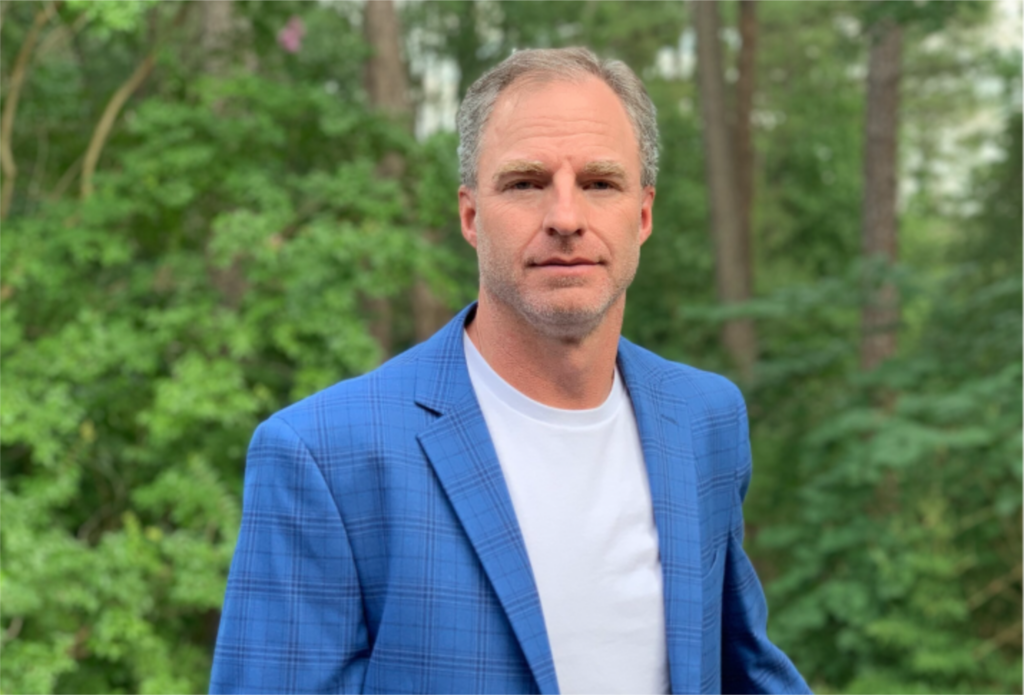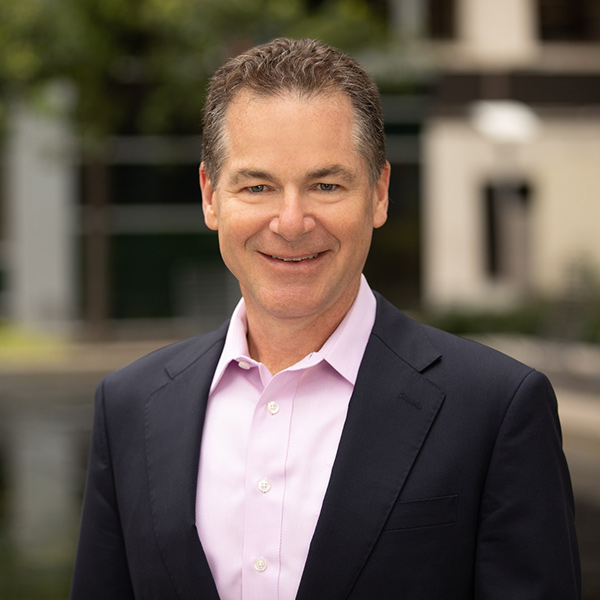
Eric Braun is the current vice-chair of the Raleigh Housing Authority. Additionally, he is the founder of RaleighForward, a group dedicated to addressing housing and community issues in the City of Raleigh.
Prior to retirement, Mr. Braun was a partner at K&L Gates where his practice was centered on land use, zoning and municipal law. In addition to practicing law, he taught municipal law and land use planning for NC State’s Master of Public Administration program.
Tell us about your early years. What sparked an interest in your professional pursuits?
My interest in local government started because of a project I had in high school. We were assigned to be on the “for,’ the “against” or the “City Council” sides of a hypothetical local government proposal to develop a large greenfield tract into an active public park. Part of the project included a budget. I was assigned to be on the “against” side. My mom worked in the Virginia Beach Commissioner of Revenue office and she suggested I call the parks department and get actual maintenance and other budget information from Virginia Beach to help figure out if the proposal was reasonable.
The city staff sent me a large amount of information. As I was looking at it, it became very clear that the teacher just made up a budget number and it was so woefully low. When we presented the actual numbers to the “City Council”, they did not hesitate in voting down the park proposal because of the drastic impact it would have on the city’s finances.
When you went to law school, not many students were aware of land use as a practice and few had planning degrees. What prompted you to go to graduate school and pursue land use?
Land use was not something I really thought about specifically. As my college career wound down, I started thinking about going to graduate school for public administration. However, a family friend that was an attorney suggested I go to law school because it would give me more career options. I took his advice and was fortunate to be accepted into Wake Forest. While law school provided a great education, I never lost my interest in local government, so I applied to the University of Georgia in its MPA program. I did my graduate thesis on annexation in North Carolina because I wanted to return to NC to either practice municipal law or work enter public service.
As luck would have it, while I was looking for jobs as graduation was approaching, I was invited to interview for a position with Clyde Holt and David York. They happened to just start representing a large group of Washington, NC, residents challenging an involuntary annexation. That was enough to get me in the door with his firm. This was my very first “big
case” and it also happened to be where I met [Morningstar Law Group partner] Bill Brian. He was opposing counsel in that case. If you know anything about Bill, it’s that he is a relentless litigator! While I may not have impressed him with my 6 months of legal experience, I think he saw in me someone who had the capacity to learn quickly, think on his feet and stay composed under extreme pressure. I’m sure that experience had something to do with him asking me to join his practice around 2000.
You eventually joined many of our colleagues who now are at Morningstar, working as part of a large land use practice. How did that experience shape your practice and perspective on land use?
Having started my career at a 4-person firm, I was lucky to have learned all aspects of practicing. I learned how to change the toner in copy machines in the middle of the night as I was preparing for my first trial to completing my first land use trial. I also learned how important being involved in the community was. That is a value and a skill that many new attorneys at large law firms don’t necessarily learn because they came in behind a partner that handed off a full plate of work. Building strong roots in a community is not only the right thing to do as a resident, but it also pays off in economic downturns because people know you and want to help in good times and the not-so-good times. That experience allowed me to develop a really strong foundation for my future practice.
At the height of your law career, you faced a health issue. It must have been an incredibly difficult and scary time. Were there resources that helped you navigate that transition?
To be honest, the NC Bar really did not have resources specific to my situation. They are really good with attorneys facing substance use disorders and attorneys that are aging out of the practice, but not so much when an attorney is forced to retire for health reasons at 42. I can say that I found the biggest support from my law firm (K&L Gates) and the attorneys I worked with closely. After the impact of Multiple Sclerosis forced me to retire early, the firm allowed me to keep my office for quite a while so I had a place to go instead of sitting in my home alone. They also continued including me in firm social functions. All of that made me feel like I was still part of something and that lessened the emotional toll it took on me. Another benefit of the land use practice is the way we treat each other even when we are on opposite sides of a case. We generally treat each other with respect and friendship, so when the news trickled out about my retirement, I had fellow land use lawyers reach out and stay in touch with me. All of that helped me transition into retirement.
Transitioning from law practice allowed you to enter public service for the first time. Tell us about some of your roles in public service.
As I mentioned earlier, I learned the value of community service and putting down roots as a citizen from Clyde Holt and David York. Because I took that advice to heart and made it
part of my practice from the start, I was comfortable shifting from that being a supplemental part of my professional life to it becoming the primary part of my life in retirement.
My first significant public service opportunity was the Raleigh Planning Commission. It was a natural fit since I was already quite familiar with its operation and the City’s development regulations. I served on the PC for 6 years, 2 as the Chair.
Very soon after I retired, someone recommended that I reach out to Triangle Family Services to see if there might be a place for me to contribute to its mission. My experience with TFS and its mission to help families struggling with domestic violence, mental health issues and housing insecurity is what piqued my interest in serving more recent roles serving on the Board of the Raleigh Housing Authority and the Board of Governors of the Wake County Continuum of Care, which acts as the conduit for directing HUD funding to various nonprofits that deliver services to people struggling with housing insecurity.
Given the struggles nearly every city in America is having with housing affordability, I feel privileged to have the time and a set of skills that I can devote to trying to improve upon the way our community is addressing the housing crisis.
How did you find those roles as compared to working on behalf of real estate clients? Did the experience change your views about local government, land use policy, or social change?
The main difference was the reduced amount of physical and mental strain I experienced on a daily basis. It is difficult to really appreciate how much your mind and body are impacted by stress until it is removed. As I adjusted to my new reality, I began to feel better and was happy to have volunteer opportunities to keep me connected to the community and keep my brain engaged.
I have learned so much about the part of Raleigh that many people are not aware of—residents who struggle financially and with housing insecurity. When people are lucky enough to have financial security in Raleigh, they often don’t come into contact with residents who are struggling. Unless you drive by one of the tent encampments that have become more visible around Raleigh in the last couple of years, many residents simply do not have personal connections with people outside of their immediate circle of friends and family. This tends to insulate most people from the reality that some less fortunate Raleigh residents experience every day.
I have connected with more people with diverse backgrounds than I would if I was still practicing law. This has given me a broader perspective of Raleigh’s population and the needs of people with more diverse socio-economic backgrounds. We need to find better ways to help people from more diverse backgrounds connect with the City and participate in the engagement process. Despite its best efforts to gather input from more people,
Raleigh’s older, wealthier residents are still over-represented when it comes to voicing opinions and providing input on many City initiatives.
My public service experience has given me a better appreciation of the complexity and challenges of governing the City. We are lucky to have a truly talented and dedicated professional administration running the City.
More recently, you started an organization called RaleighForward. Why did you form this organization and what is its focus?
I founded RaleighForward because I grew concerned by the way that a few loud voices in the community were starting to dominate the public discourse and debates. These voices tended to be quite dishonest with the narrative they were using to characterize many of the City’s initiatives. These same voices are also contributing to a growing level of divisiveness and anger directed at Raleigh’s elected officials and even its professional staff. This anger and manipulation were crowding out the voices of people that are interested in learning about what is going on in the City, as well as the voices of informed residents that are interested in working to improve how the City functions.
I decided that my background was suited to helping try to amplify the voices of those residents that want to work together to help make Raleigh the best City it can be for as many residents as possible. At RaleighForward, we are trying to help educate residents who are interested in learning about how the City operates, engaging with the City on important topics that will shape its future and informing residents with accurate facts, data and information.
What is your hope for the future of land use policy and local government?
While land use and urban policy in North Carolina are becoming quite complex, the General Assembly remains reluctant to empower local governments with broader legislative authority to keep pace with rapidly changing urban conditions. As a result, local governments must become more comfortable using public/private partnerships to deliver the kind of complex mixed-use developments, including public amenities and significant amounts of affordable housing, that residents of growing cities are demanding. Otherwise, North Carolina cities may become strangled by growth to the extent North Carolina becomes a less attractive business climate.
Interview by:

